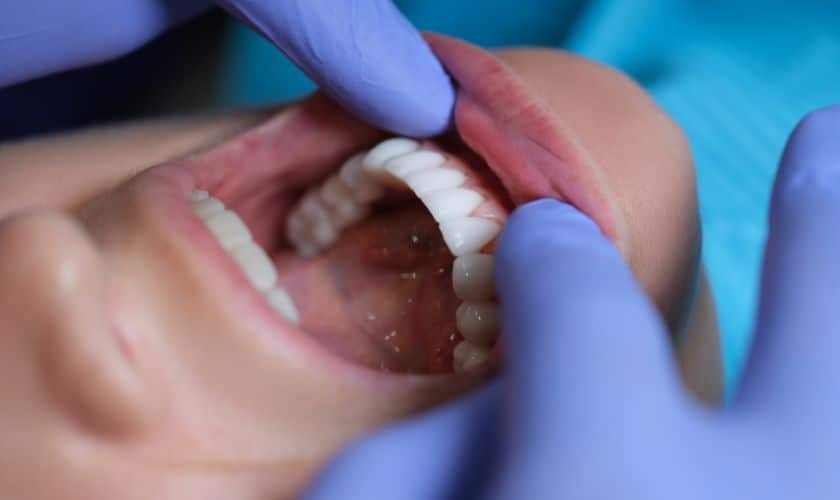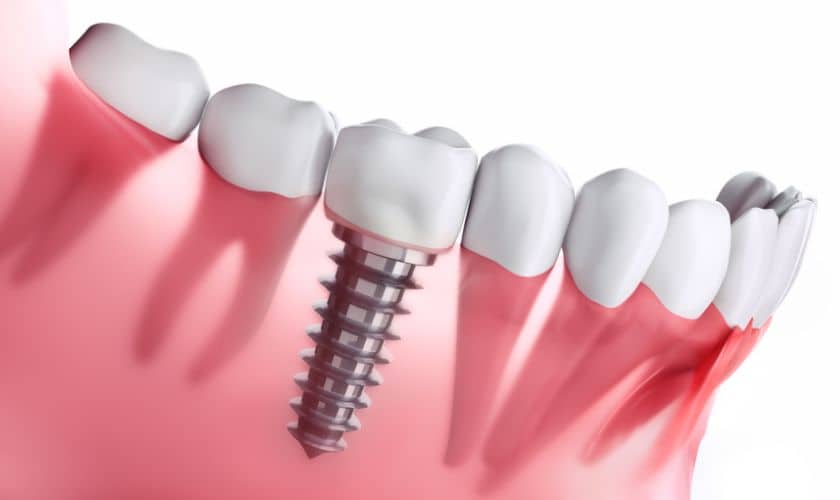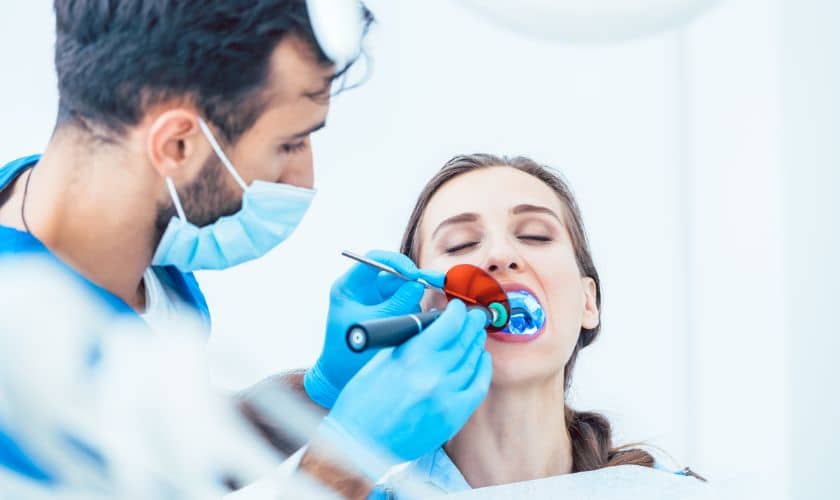Just as school children learn new vocabulary words, adults can build their vocabulary as well. Xerostomia is the technical term for “dry mouth”— that uncomfortable feeling when saliva production is not adequately irrigating your tongue, teeth, gums and throat. You might not think much about saliva, until you don’t have enough of it. Then your mouth feels dry, your breath feels (and smells) stale and your dental checkups and cleanings may discover an uptick in tooth decay issues. Xerostomia is not a disease, but it is usually a symptom of some other issue or imbalance in your system.
Some Causes of Dry Mouth (Xerostomia)
- Dehydration can cause temporary dry mouth. Make sure you are drinking plenty of water, especially during hot summer months
- Stress can cause temporary dry mouth
- Caffeine slows saliva production
- Alcohol slows saliva production
- Tobacco products (including e-cigarettes) can slow saliva production
- Some prescription medications have dry mouth as a side effect
- Diabetes and Parkinson’s disease can produce a dry mouth
- Sjögren’s syndrome produces a dry mouth
- Some cancer treatments can cause dry mouth
- Damage or disease of the parotid, submandibular or sublingual glands will affect saliva production
This is not an exhaustive list. If you are experiencing dry mouth, see a doctor or dentist to determine the cause.
To Reduce the Effects:
Your doctor or dentist can help you treat underlying causes of dry mouth. In the meantime:
- If it is a side affect of medication, ask if the dosage can be adjusted, or if another medication might work as well, without this side effect.
- Sip water frequently
- Chew sugarless gum
- Suck on sugarless hard candy
- Use chapstick to make dry lips more comfortable
- Avoid caffeine, alcohol and tobacco
- Ask about prescription mouth rinses that may make you more comfortable
- Ask about artificial saliva
- Step up your brushing and flossing, to help breath stay fresh, and decrease risk of tooth decay





